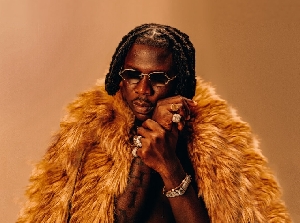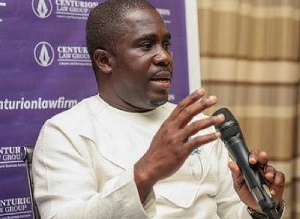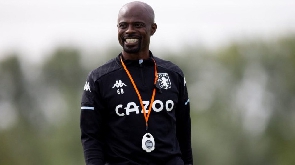In the wake of the flare-up of controversy surrounding President Akufo-Addo’s naming of some 36 cabinet appointees with whom he intends to fulfill his electioneering campaign promises and the mandate of the people, one maxim that stood out in my mind, and which former President John Agyekum-Kufuor was very fond of quoting as a tactical put-down to the members of the main opposition National Democratic Congress (NDC) runs as follows: “They know the price of everything and the value of none.”
Throughout the controversy and debate surrounding the Akufo-Addo ministerial appointees-designate, what is glaringly missing is empirical evidence. In sum, the bulk of the criticisms are based more on untested and unproven statistical abstractions than any evidence suggesting that our new President has not thought out and well enough through his motivation for selecting 36 cabinet appointees-designate and not 24 nominees, for example.
Which is why it goes without saying that most of these arm-chair critics would be better off taking the sort of wait-and-see attitude that former President John Agyekum-Kufuor is calling for (See “Appointment Controversy: Leave Akufo-Addo Alone to Do His Job – Kufuor” MyJoyOnline.com / Ghanaweb.com 1/15/17). You would expect that as “experts” in political science and former cabinet appointees, people like Mr. Kojo Yankah, the founder and former president of the so-called African University College of Communications (AUCC), and Dr. Joseph Yensu, of the Kumasi Technical University (Is this the erstwhile KTI?), would base their misgivings about the soundness of the size of the Akufo-Addo cabinet, at least as presently proposed, on a critical analyses of the sizes of past Fourth Republican Ghanaian governments before drawing the necessary and logical conclusions.
Alas, this is the kind of serious analytical deficit that is the bane of the bulk of the discursive posturing of our pundits and public intellectuals, which may be hurting the pursuit of a proper objective and scientific analyses of governance quality and the long-term development of the country. For even as President Akufo-Addo has already perspicuously observed, the successful development of Ghana depends fairly equally on operatives of all sectors of our national life giving of their best. The President has also painstakingly explained his reasons for decoupling some ministries or cabinet portfolios and bringing them directly under the aegis of the Presidency.
Now, what first-rate scholars, theorists and intellectuals of Ghana’s democratic culture ought to be discussing is not merely the cost of managing such an admittedly sizeable cabinet, but equally the palpable material output expected of such a cabinet. So far, not many of the critics are impugning the caliber of the appointees, except that critics like Mr. Yankah would rather have the senior cabinet portfolios remarkable downsized, while the junior cabinet portfolios or deputy ministerial slots are doubled.
I sincerely don’t see any tangible cost-cutting difference between the creation of the cabinet size of 36 ministerial portfolios and 36 ministerial deputies, on the one hand, for example, and 24 cabinet portfolios with two deputies each. The budgetary costs between the two cabinet case scenarios, in terms of real savings, is statistically insignificant, though in terms of the caliber of appointees, as attested by many of the Akufo-Addo critics, the “value-for-money” – my profound apologies to the President – may very well tilt in the direction of the larger-sized cabinet. In the final analysis, and in the scandalous absence of comparative scientific analysis, we clearly have no other recourse but to patiently wait for at least a year from now, for the Project Monitoring and Evaluation Division of the Presidency to churn out figures indicating the fact of whether, indeed, Nana Akufo-Addo’s creation of more cabinet portfolios has favorably met with his “value-for-money” criteria or mantra. From the present look of things, one can reasonably predict that by this time next year, the Akufo-Addo-led government of the New Patriotic Party would be reporting to us the crafting of an economic picture far more beautiful and attractive than the kwashiorkor-like photograph bequeathed us by the Mahama-led regime of the National Democratic Congress.
*Visit my blog at: kwameokoampaahoofe.wordpress.com Ghanaffairs
Opinions of Monday, 23 January 2017
Columnist: Okoampa-Ahoofe, Kwame
Jumping the gun on Akufo-Addo
Entertainment


















